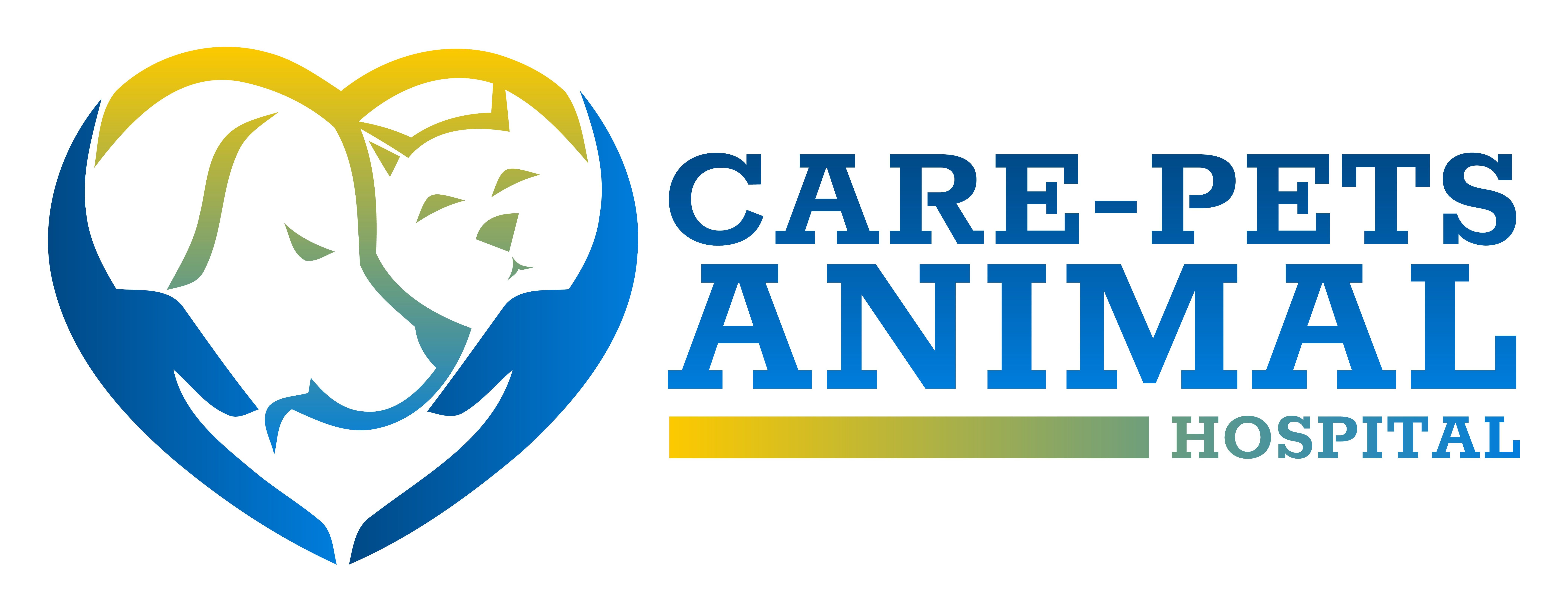care-pets animal hospital
Bearded Dragon Care Guide
Read below to learn more about how to care for a Bearded Dragon.
Bearded Dragon Care Guide
One of the most popular lizard pets, bearded dragons make great family pets due to their placid disposition and ease of maintenance. The most common pet dragon is the inland bearded dragon, Pogona vitticeps.
Vital Statistics
Length: 18-22 inches
Age of sexual maturity: 1-2 years
Average weight: 283-510 g
Life span: 10 years
Habitat
Water
Diet
Offer both live prey and vegetation to provide a balanced diet. Since dragons are active during the day, they should be fed in the morning.
Live prey:
- crickets
- superworms
- mealworms
- wax worms
- locusts
Vegetation:
- dandelions
- turnip greens
- mustard greens
- beet green
- kale
- collards
- bok choy
- Swiss chard
- escarole
- cilantro
Prey should be “dusted” with a vitamin-mineral supplement and calcium before feeding.
Feeding Schedule
Juvenile bearded dragons grow rapidly and need plenty of food offered daily. Hungry juveniles housed together will nip at the tails and toes of their cagemates.
Adult bearded dragons should be fed daily or every other day. They prefer a diet of 55% salads, 20% vegetables, and 25% prey.
When to contact us
Regular veterinary care and proper home care are essential for bearded dragons to live a long and healthy life. If you are bringing home a new bearded dragon, it should be examined by a veterinarian before being introduced to people or other pets in the household. Signs your bearded dragon may be sick or injured include:
- Reduced growth
- Poor appetite
- Depression
- Swelling in the face or legs
- Loss of weight
- Regurgitation
- Fractures
- Spasms
- Convulsions
- Difficulty walking, climbing, or chewing food
